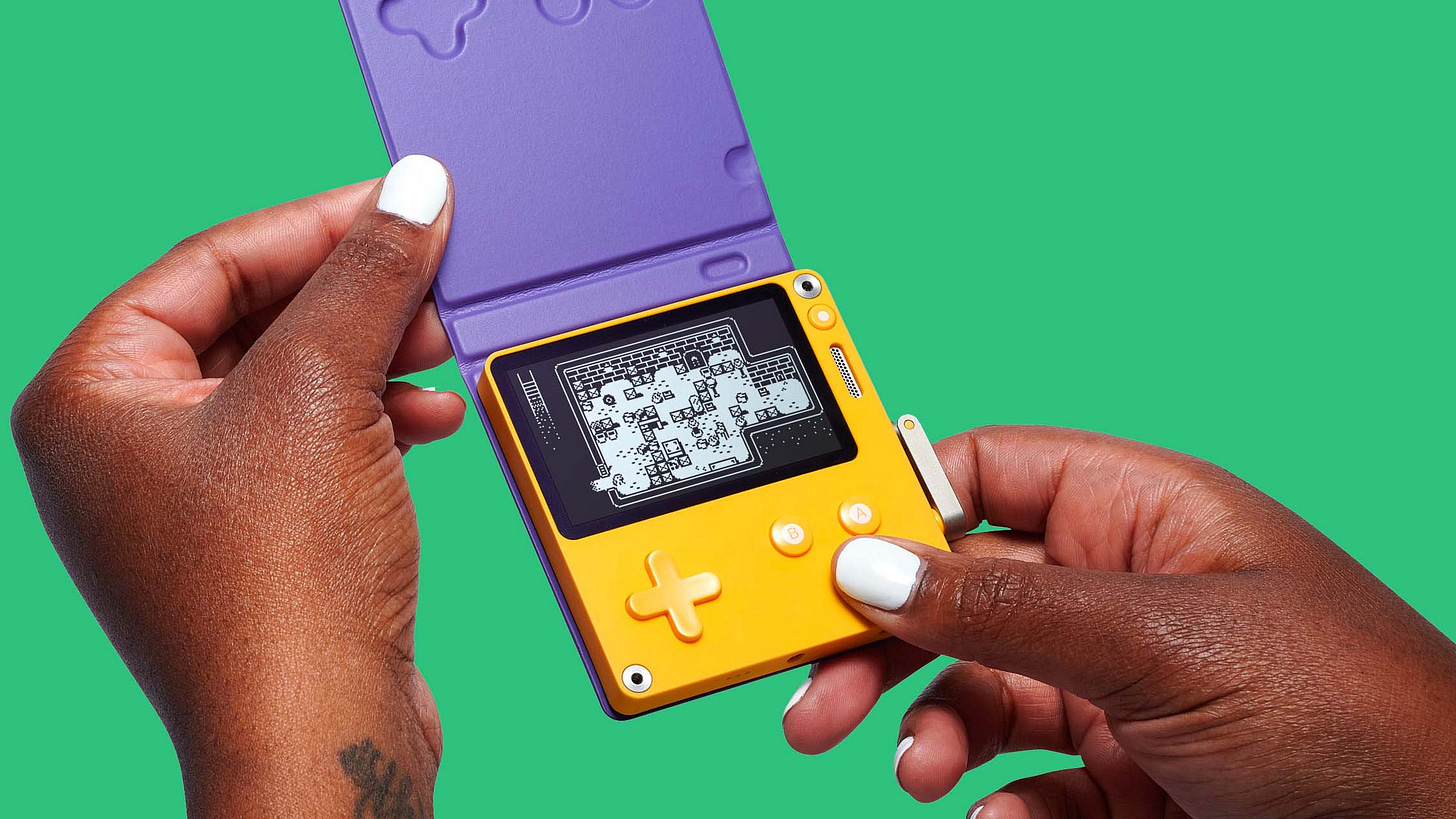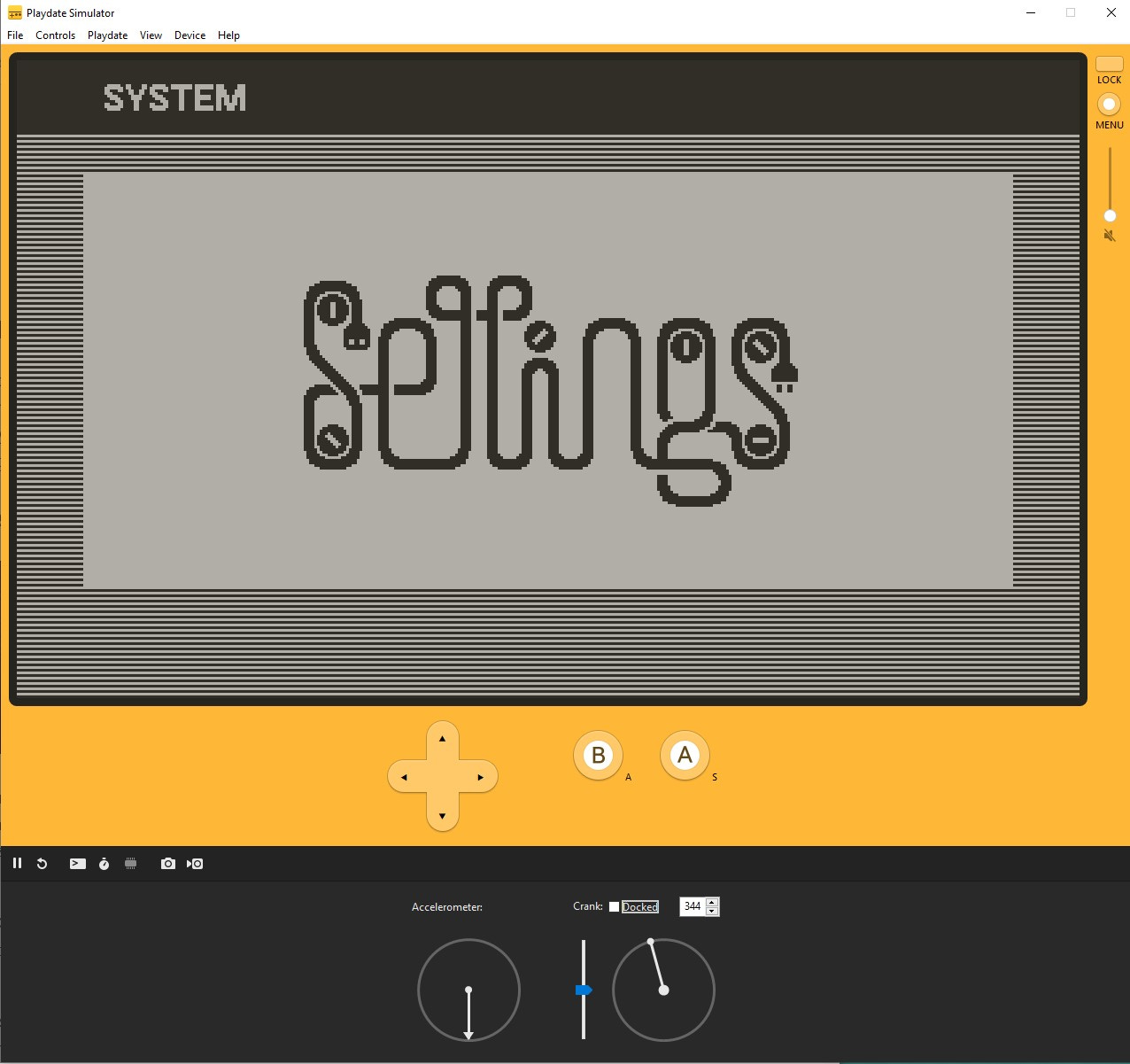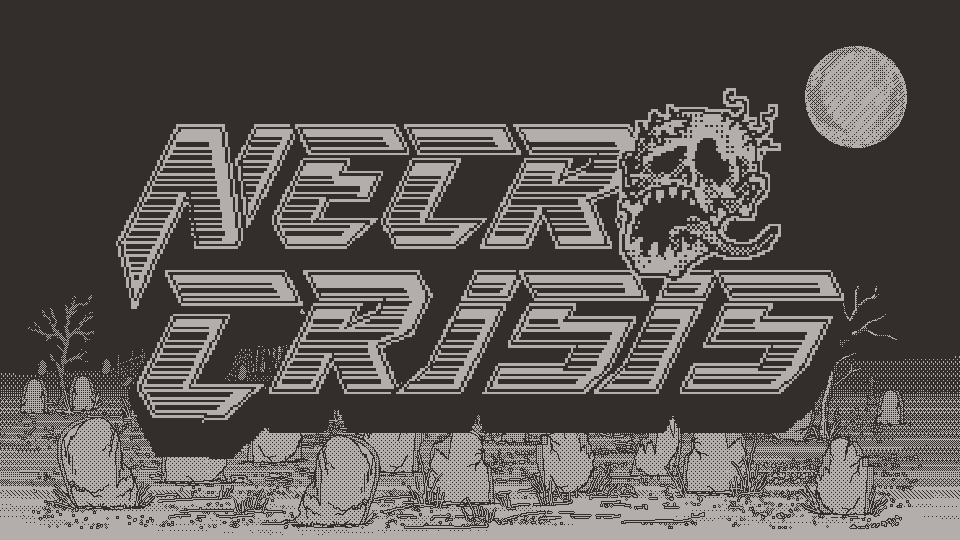Welp, it figures that my first video game-centric article in months would coincide with a major video game industry snafu. The short story is this: Unity, one of the biggest video game development engines in the industry, just announced that they would be charging developers a fee for every install of every game that reaches a certain threshold of success. They announced this on Tuesday, without warning. The new pricing model takes effect in January.
Game developers are understandably upset. This not only threatens their income, but also introduces massive uncertainty into an industry already rife with uncertainty. For a full rundown, I suggest checking out the following articles.
gives a full rundown of the situation and why it sucks for game devs, while‘s article not only gives some reasons why Unity might be doing this, but also provides some numbers and explores the far-reaching impacts of Unity’s decision.I’d like to say that the news has no effect on the games I’m about to talk about, but I know for sure that at least one of the games I talk about uses Unity as part of their creative pipeline. My sympathy to all of the developers whose businesses have been thrown for a loop by this news.
Introducing the Playdate by Panic
After two years and a messy incident involving a broken speaker and the US Postal Service, I have finally gotten my hands on a Playdate, the little yellow gaming console by game publisher Panic. Announced all the way back in 2019, the first Playdates didn’t start to ship until April of 2022, after missing their initial 2021 release date for reasons (read: COVID-19). Mine shipped in July of 2023. It’s been a long wait.
The Playdate is a little yellow handheld gaming console featuring a crank on the side and a beautifully crisp black-and-white screen, developed as a passion project by Panic, a game publisher best known for indie darlings Untitled Goose Game and Firewatch. Eagle-eyed readers may notice that those are software projects, not hardware. In fact, the Playdate is Panic’s first ever hardware project, which was quite a risk and challenge for the modest studio.
The Playdate started as a way to commemorate the company’s 15th anniversary. It started as a digital clock, turned into a Game & Watch-style handheld, and eventually spiraled into a full-fledged console/dev-kit released just in time for their 20th anniversary. You can learn all about the development of the Playdate on the official Playdate podcast.
The Playdate comes packaged with 24 games made by professional game devs. Rather than overwhelm you with them all at once, Panic has decided to dole them out two at a time, every week, from the moment you boot up your console. This means that you get two games every week for 12 weeks. These 24 games make up “season one” of the Playdate’s library, which implies the possibility of a “season two” in the future. But you’re not limited to these 24 games, either, anybody can make a Playdate game and download it to the console!
So is it…Fun?
Let’s get this out of the way right now: the Playdate is NOT for everyone. There have been several bad takes online comparing it to massive consoles like the Nintendo Switch and Steam Deck. Such comparisons are like comparing a mountain bike to an SUV. Sure, you can complain that the bike is too slow, but maybe you’re focusing on the wrong thing? The Playdate serves a very specific purpose and delivers a very specific experience. The Playdate is very much targeted to indie game developers and those who prefer more experimental and artistic games, which includes myself.
The Playdate will not play Call of Duty or Fortnite. It will, however, deliver a plethora of bite-sized games bursting with passion and creativity. Games that will keep you occupied on your commute to work or as you wait in line at the DMV. You know, like games are supposed to.
The Playdate has a lot of features for a hobby electronic. For one, it is a solidly-made console, despite its simplicity and size. The crank, while gimmicky, is a delightful interface that gives the console a unique personality. The specs and software are unique, meaning the games you play on Playdate cannot be played anywhere else.
Last, and probably most importantly is the immense support and power that Panic has given to players to create for the Playdate. Every console doubles as a developer kit, meaning that anybody can make a game for the Playdate. For those lacking in programming skills, Panic has even created a program called Pulp, which provides a visual interface for creating your own adventure games from scratch, without any coding. There is already a vibrant community of indie game designers developing games for the Playdate, with more being added to the catalog every month!
Can I Play Playdate Games?
Yes! The best thing about the Playdate, and what made the two-year wait bareable, is that you can play Playdate games right now, without a console in your hands! Panic has an emulator that you can download as part of the system development kit (SDK), effectively turning your PC into a Playdate console.
The process is a bit tech-y, but it’s a console for tech-y people. Don’t let that discourage you! I’ve provided a step-by-step guide to setting up the Playdate emulator for you to try out.
Install the Emulator
Open up the PlaydateSDK folder (wherever it installed), head over to the “bin” folder and open PlaydateSimulator (I recommend creating a shortcut somewhere more convenient). Congrats, you have a virtual Playdate!
Choose Your Control Scheme
Locate “Controls” at the top of the Playdate emulator
Select your favorite keyboard configuration from the menu. For a more in-depth explanation of what the keyboard controls and shortcuts are, check out this guide. The important part to note is that you can control the crank by using your mouse’s scroll wheel, or by using [ or ] on your keyboard
If you have a controller (I use an Xbox controller), you can set that up by going to Controls>Controller Settings…>Controllers. From there you can map the Playdate’s controls to your controller any way you want. I sugggest using the right analog stick for the crank. Remember that “docking” the crank is also an input, and must be bound to a key (R3 works well for this)
Download and Play Games
Finally, you’re ready to play Playdate games! Find your favorites on itch.io by using the Playdate tag
After downloading, unzip the .pdx folder containing your game
In the emulator, go to File>Open… and navigate to the folder with your game in it
Click open and - barring any bugs - your game should start in the emulator. Congrats! You’re playing the Playdate!
Obviously, the emulator experience is different from the real thing. The controls lack the tactile feel of the Playdate, unless you have some sort of crank apparatus that no one else has. There’s also the fact that your PC is probably faster than the Playdate itself, meaning loading screens are very brief on PC. In that sense, playing Playdate games on the PC is actually better than the real thing!
Game Recommendations
Okay, so I’ve convinced you. You’ve pre-ordered your Playdate to be delivered sometime in the next two years, and can’t wait to get your hands on some of those sweet indie titles. Where should you start? Well, here are my top five recommendations for Playdate games, in order of my most favorite:
1) Legend of Etad
I like dungeon crawlers. They are exploration distilled into its purest form. Charting your way through a labyrinth full of empty rooms occasionally broken up by combat and puzzles - nothing like it.
Legend of Etad is a prime example of old-school dungeon crawlers, reminiscent of the Etrian Odyssey or Legend of Grimrock franchises (both modern examples of the genre, but the point stands). You are plopped in front of a dungeon with neither goal nor explanation, just an invitation to explore.
Controls are super simple: direction pad to turn and move, crank to open gates. You can carry one item in each hand, usually a sword and shield. Any time you die, you re-spawn at the entrance to a dungeon with full health, and enemies you kill stay dead, meaning there is little consequence beyond a little back-tracking (which can be frustrating if you spend a lot of time falling into pits). This makes Legend of Etad a lot more forgiving than some of its classic counterparts.
There are some frustrating parts, still. It’s a game that expects you to draw your own maps. When you reach the spider caves, MAKE A MAP, or you WILL get lost!
2) Bloom
If you want a beautiful game with a relatable story, this is the game to try. Bloom was released before Playdates even started shipping, thanks to the SDK. That makes this the first third-party Playadate title available for purchase.
Bloom is a cozy little game. Ostensibly a gardening simulator, it is actually a slice-of-life visual novel. You play as Midori, a young woman who has dropped out of college to pursue her dream of running a flower shop. She has not told her parents about this decision, and must balance running a small business, maintaining her personal relationships, and hiding the truth from her parents.
The story is told through a parade of text messages, giving you the choice of how to respond. Your responses do not have any affect on the story, and are really just there to encourage interaction. There are no stakes in Bloom. Between texts you are able to purchase seeds and grow flowers on your apartment’s roof (which you access via elevator by turning the crank). Even the flower-growing aspect is low-stakes, as there is no way to go bankrupt by planting the wrong seeds.
There is also an asteroids-clone built into the game that I have spent an embarrassingly long amount of time on. It’s good.
Overall, Bloom is a beautiful, quaint little game that does exactly what a Playdate game should: dazzle you with beautiful black-and-white graphics and offer a cozy, bite-sized experience that you can come back to time and time again.
3) Conquest of Helios (Wizards Apprentice, Castle Helios…)
One of the most prolific Playdate creators is Jongjungbu, whose breakout game Conquest of Helios is one of the finest on the system thus far. A pocket-sized strategy game, you play a country on the continent of Helios, and over the course of a year must grow your army and economy, broker treaties with your neighbors, and eventually conquer the entire continent.
I’ve never been big into strategy games. For the most part, they are too complex for me to understand without serious time investment. So I appreciate Conquest of Helios’ simple gameplay. It is easy to pick up and delivers a great strategy experience that can be beaten in only an hour or two.
Jongjungbu has followed up with several other games, each one taking place in Helios and covering a different genre. The Wizard’s Apprentice is a market simulator about buying and selling magical ingredients, Castle Helios is a Metroidvania*, and Crown of Zephyr is an old school adventure-RPG. All of these have been released within the last year, and his portfolio only seems to be growing.
*Lingo Check: A Metroidvania is a style of 2D video games featuring sprawling maps that you slowly unlock as your character gains new items and powers.
4) Sketch Share Solve/Smolitaire
This one is a cheat, but one of the things I appreciate most about the Playdate is its large collection of casual games and classic game remakes. In fact, a lot of Playdate games are just remakes of pre-existing games, which isn’t necessarily a selling point, but is no less enjoyable than playing these games elsewhere.
I have poured hours in to Playtris, the Playdate version of Tetris, as well as the Nonogram app Sketch Share Solve and the solitaire program Smolitaire. There are plenty of other casual games as well, all in a wonderfully portable package.
5) Necrocrisis
I would be remiss if I didn’t at least mention the output of the prolific design team Strangest.io. What their games lack in depth they more than make up for in variety and sheer passion. Their catalog includes the Game & Watch-inspired Paging Dr. Floppy and the Pokemon-like games Shadow Gadget and Shining Gadget, and their upcoming game Wastebraver is looking to be the most graphically impressive and fleshed-out game on the Playdate if and when it comes out.
For the sake of this list (and because I’ve already cheated in the last item) I recommend Necrocrisis, an arcade shooter. The premise is simple: there are zombies and you have a gun. You aim the gun with the directional pad, fire chain gun style with the crank, and reload by docking the same. You try to shoot the zombies before they shoot/bite you. Fail that three times, you die. It’s classic House of the Dead-style action condensed into a single screen.
It’s a bit clunky on the tiny hardware, but does an admirable job of porting the classic genre to Playdate, once again showcasing what is possible on the Playdate with a little bit of passion and creativity.
Next Week…
Next week I plan to highlight a fun little book I found combining Assassin’s Creed, escape room puzzles, and disappointment in equal measure. Look forward to it!















